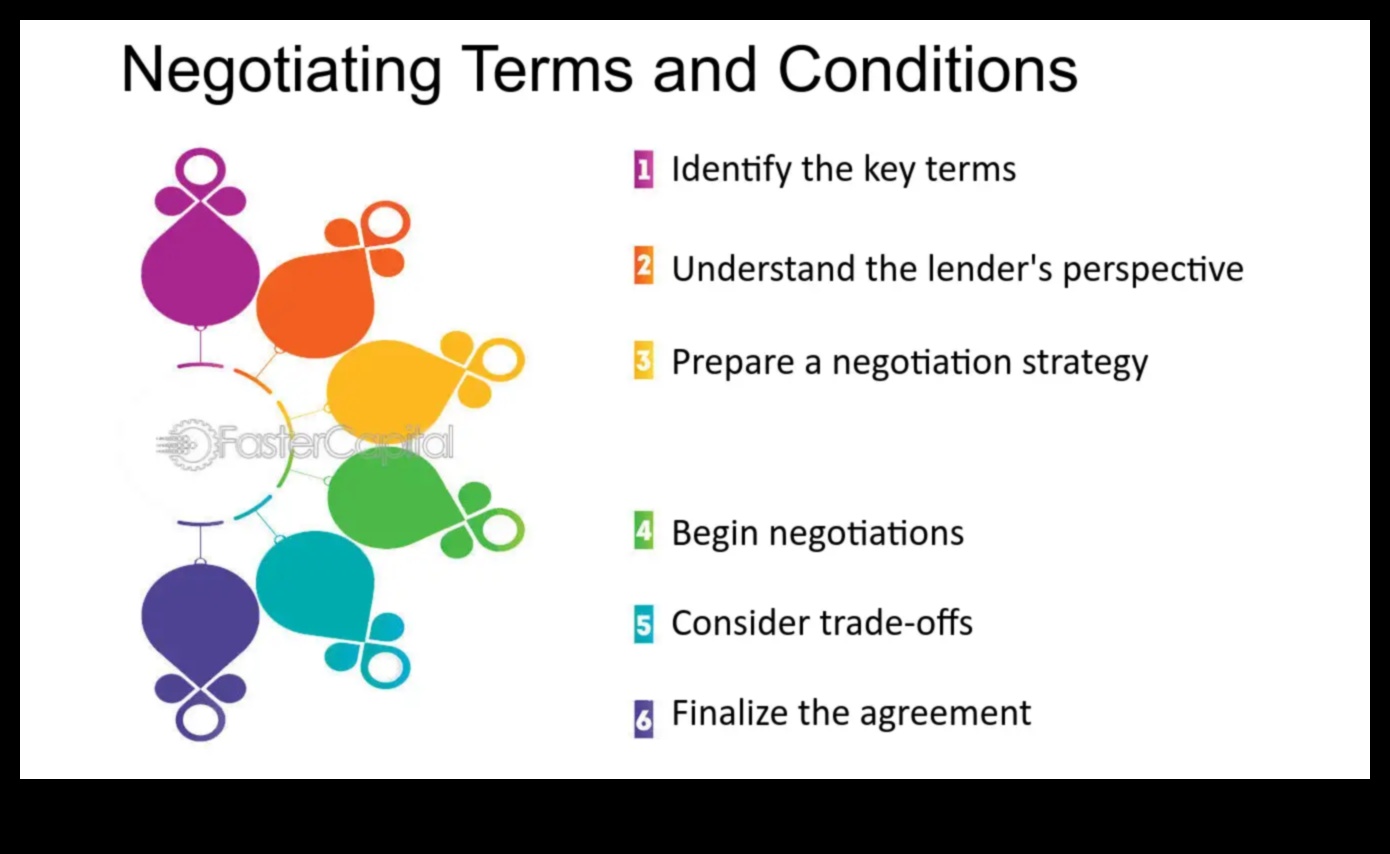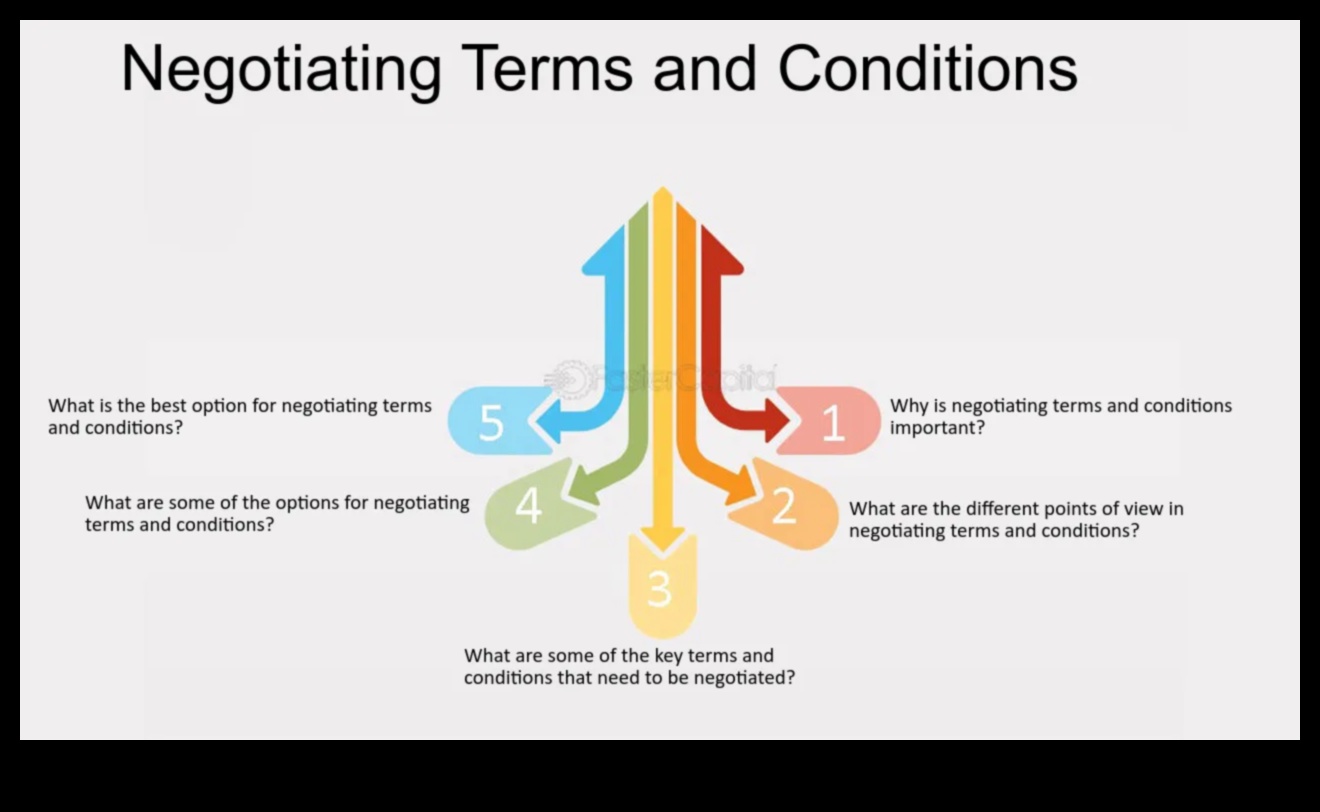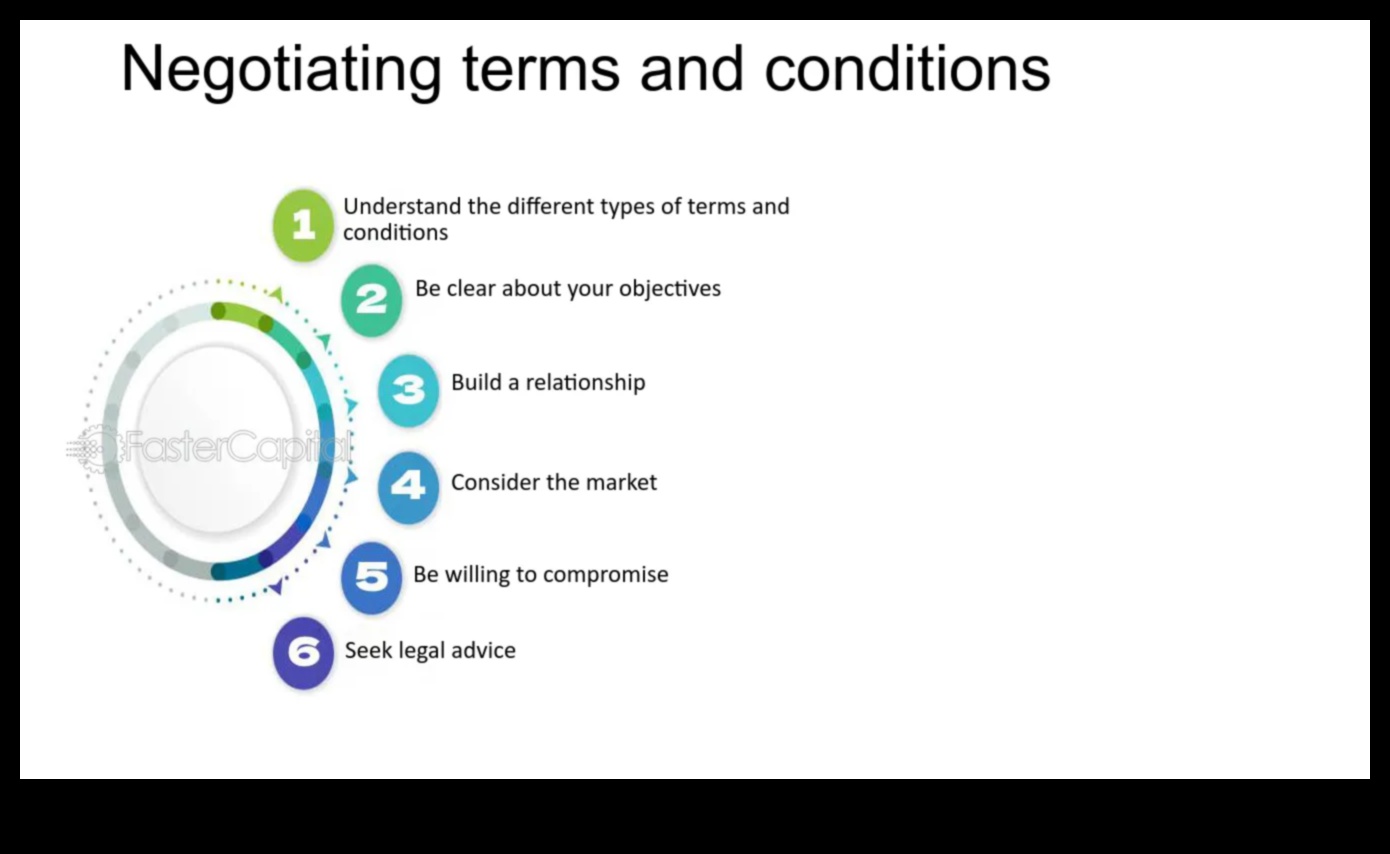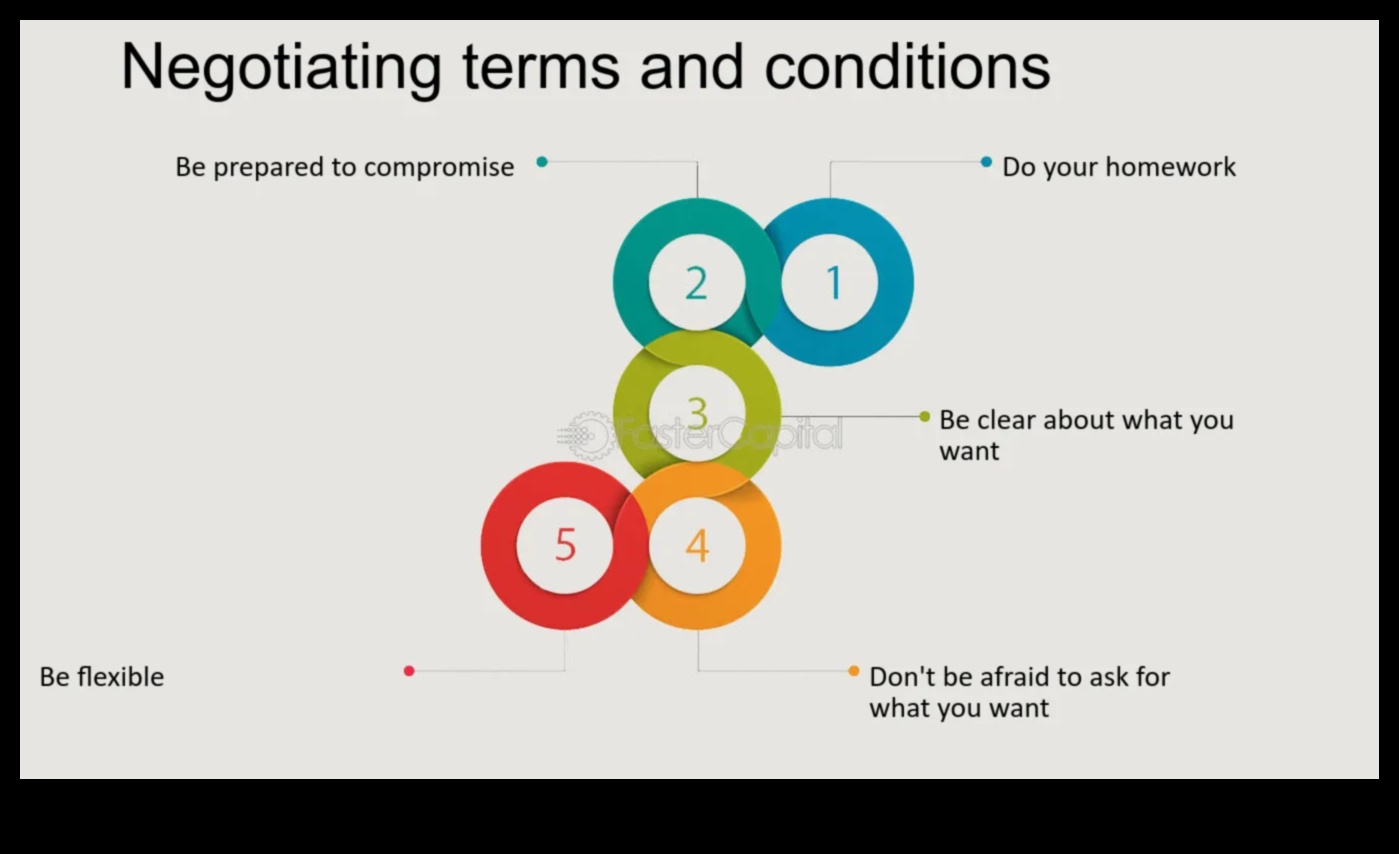
What can you negotiate in a job offer?
When you’re offered a job, it’s important to remember that you’re not just accepting the offer, you’re also negotiating it. The terms and conditions of your job offer are negotiable, and you should take the time to make sure you’re getting the best possible deal.
Here are some of the things you can negotiate in a job offer:
- Salary
- Benefits
- Work hours
- Vacation days
- Title
- Signing bonus
It’s important to be realistic when negotiating your job offer. Don’t ask for more than you’re worth, but don’t be afraid to push for what you want. The worst that can happen is that the employer says no.
If you’re not sure how to negotiate your job offer, there are a few resources available to help you. You can find books, articles, and online courses on the topic of job offer negotiation. You can also talk to your friends, family, or mentors for advice.
Negotiating your job offer is an important part of the job search process. By taking the time to negotiate, you can make sure you’re getting the best possible deal on your new job.
| Topic | Answer |
|---|---|
| Job offer negotiation | The process of negotiating the terms and conditions of a job offer. |
| Salary negotiation | The process of negotiating the salary you will be paid for a job. |
| Benefits negotiation | The process of negotiating the benefits you will receive as part of your job. |
| Signing bonus negotiation | The process of negotiating a signing bonus when you accept a new job. |
| Relocation package negotiation | The process of negotiating a relocation package when you accept a new job in a different location. |

II. What are negotiation terms and conditions?
Negotiation terms and conditions are the terms and conditions that are agreed upon between two parties during a negotiation. These terms and conditions can cover a wide range of topics, such as the price of a product or service, the terms of a contract, or the conditions of a lease.
Negotiation terms and conditions are important because they help to ensure that both parties are in agreement on the terms of the agreement. This can help to avoid disputes and ensure that both parties are satisfied with the outcome of the negotiation.
When negotiating terms and conditions, it is important to be clear and concise about what you are asking for. It is also important to be prepared to compromise and to be willing to walk away from the negotiation if you are not satisfied with the terms being offered.
III. Why are negotiation terms and conditions important?
Negotiation terms and conditions are important because they can help to protect both parties in a transaction. By clearly defining the terms and conditions of the agreement, both parties can be sure that they understand what is expected of them. This can help to avoid any misunderstandings or disagreements down the road.
Additionally, negotiation terms and conditions can help to ensure that both parties are on the same page regarding the risks and rewards of the transaction. By understanding the risks and rewards, both parties can make informed decisions about whether or not to enter into the agreement.
Finally, negotiation terms and conditions can help to protect both parties in the event of a dispute. By clearly defining the dispute resolution process, both parties can be sure that they know what to do if a dispute arises. This can help to avoid costly and time-consuming litigation.

IV. How to negotiate terms and conditions
There are a few things you can do to negotiate terms and conditions in a job offer.
1. Do your research. Before you start negotiating, make sure you know what the average salary and benefits are for your position in your location. This will give you a baseline to work from when you’re making your demands.
2. Be prepared to walk away. If you’re not happy with the terms and conditions that the company is offering, don’t be afraid to walk away from the offer. There are other jobs out there, and you don’t want to settle for something that’s not in your best interests.
3. Be confident and assertive. When you’re negotiating, it’s important to be confident and assertive. Don’t be afraid to ask for what you want, and don’t be afraid to walk away if you don’t get it.
4. Be respectful. Even though you’re negotiating, it’s important to be respectful of the other party. Don’t be rude or condescending, and try to see things from their perspective.
5. Be prepared to compromise. In most cases, you’re not going to get everything you want in a negotiation. Be prepared to compromise and meet the company halfway.
By following these tips, you can increase your chances of negotiating terms and conditions that are in your best interests.

5. Common negotiation terms and conditions
Here are some of the most common negotiation terms and conditions that you may encounter when negotiating a job offer:
- Salary
- Benefits
- Signing bonus
- Relocation package
- Work hours
- Vacation days
- PTO
- Health insurance
- Dental insurance
- Vision insurance
- 401(k) matching
- Stock options
- Bonuses
- Commissions
- Remote work
- Flexible hours
- Maternity leave
- Paternity leave
- Pet-friendly office
These are just a few of the many negotiation terms and conditions that you may encounter. It is important to do your research and understand what is standard in your industry before you start negotiating. You should also be prepared to compromise on some of your demands in order to reach an agreement that is mutually beneficial.
What can you negotiate in a job offer?
When you’re offered a job, there are a number of things that you can negotiate, including:
- Salary
- Benefits
- Work hours
- Vacation days
- Title
- Signing bonus
It’s important to remember that you’re not just negotiating for yourself, but also for your future colleagues. The terms and conditions that you negotiate will set the tone for your entire experience at the company.
So, don’t be afraid to ask for what you want. The worst that can happen is that they say no.
VII. Tips for negotiating terms and conditions
Here are some tips for negotiating terms and conditions:
Do your research. Know what the market is like for your skills and experience. This will help you to come up with a realistic salary range and to identify other terms and conditions that are important to you.
Be prepared to negotiate. Don’t be afraid to ask for what you want. The worst that can happen is that the other side says no.
Be flexible. You may not be able to get everything you want, so be prepared to compromise.
Be professional. Even if you’re negotiating a tough deal, it’s important to stay professional and respectful.
Don’t give up. If you don’t get the terms and conditions you want the first time, don’t give up. You may be able to get them later on in the negotiation process or when you’re up for a promotion.
How to enforce negotiation terms and conditions
Once you have negotiated and agreed upon the terms and conditions of a contract, it is important to ensure that they are enforced. This can be done by:
- Including a written contract that clearly outlines the terms and conditions of the agreement.
- Having the contract signed by both parties.
- Keeping a copy of the contract for your records.
- Following up on the terms and conditions of the contract regularly to ensure that they are being met.
If one party fails to comply with the terms and conditions of the contract, the other party may be able to take legal action to enforce the contract. However, it is important to note that enforcing a contract can be a time-consuming and expensive process.
In some cases, it may be possible to resolve contract disputes through negotiation or mediation. If negotiation or mediation is unsuccessful, the parties may need to take legal action to enforce the contract.
FAQ
Here are some of the most common questions about negotiation terms and conditions:
- What are negotiation terms and conditions?
- Why are negotiation terms and conditions important?
- How to negotiate terms and conditions
- Common negotiation terms and conditions
- Tips for negotiating terms and conditions
- Templates for negotiation terms and conditions
- How to enforce negotiation terms and conditions
- FAQ
- Conclusion
FAQ
Q: What is negotiation terms and conditions?
A: Negotiation terms and conditions are the terms and conditions that are agreed upon between two parties during a negotiation. These terms and conditions can cover a wide range of topics, such as the price of a product or service, the terms of a contract, or the conditions of a loan.
Q: Why are negotiation terms and conditions important?
A: Negotiation terms and conditions are important because they help to ensure that both parties are on the same page and that they understand the terms of the agreement. This can help to prevent misunderstandings and disputes down the road.
Q: How to negotiate terms and conditions?
A: There are a number of things you can do to negotiate terms and conditions. These include:
- Do your research.
- Be prepared to walk away.
- Negotiate in good faith.
- Be flexible.
- Get everything in writing.